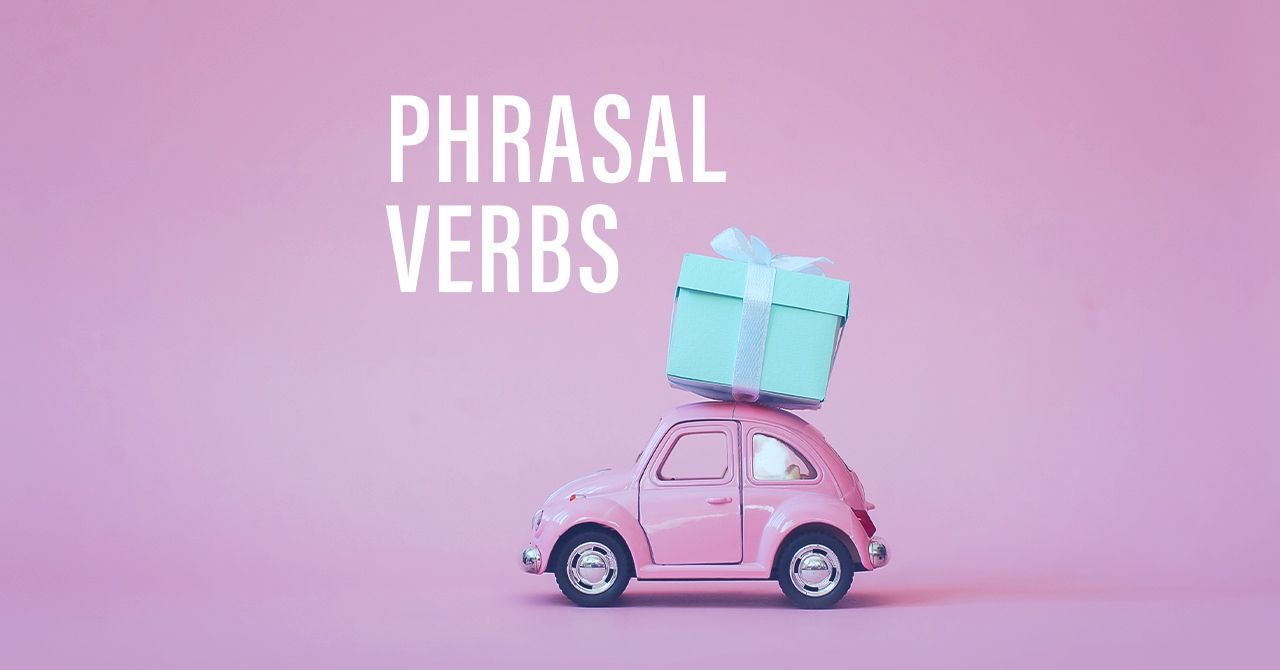Which is correct
Find correct options for writing and using some words and expressions

Copacetic, Copasetic, Copesthetic—What It Means and How to Use It
Copacetic (or copasetic, as some people spell it) is not a word often heard in everyday speech.

The Suffix -Esque in the English Language: Meaning, Rules, and Examples
Words ending with -esque often sound foreign and exotic. That’s because they mostly are foreign.

Apposition and appositive phrase in a sentence
In grammar textbooks, you’ll usually find that an appositive is a phrase of a noun standing in apposition to the noun it explains.

Getting to Grips with Phrasal Verbs
A phrasal verb is the combination of mostly two words, they are made up of a verb and a particle or, sometimes, two particles.

A Guide to Spelling: Separate vs. Seperate
One of the English language’s most notoriously difficult words, separate has caused mistakes in spelling bees throughout the ages. It tends to trip up even native speakers more than most words do.

Prepositions of Place
“prepositions of place” can always be quite tricky for learners, but is there any wonder when Americans often use prepositions of place in the incorrect manner?

The Differences Between “How are You Doing?” and “How are You?”
The two phrases typically sound the same. But do you know that there’s a significant difference between “how are you?” and “how are you doing?”

How to Use Former vs. Latter
The good news for those who learn English is that these words do usually come in a pair. If you use one, the cases in which you would not then use the other are rare to nonexistent.